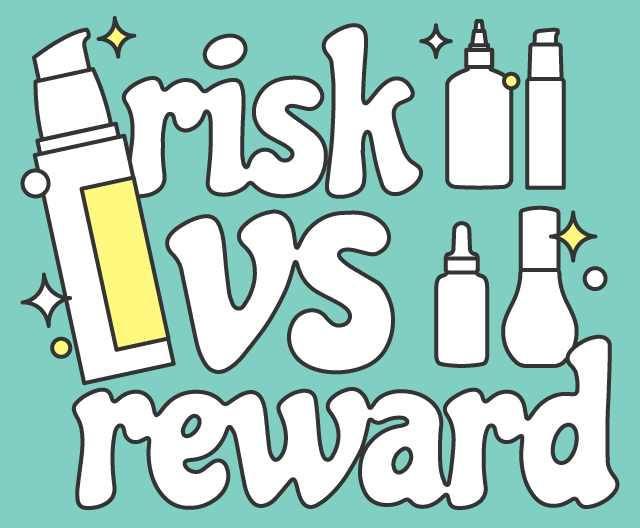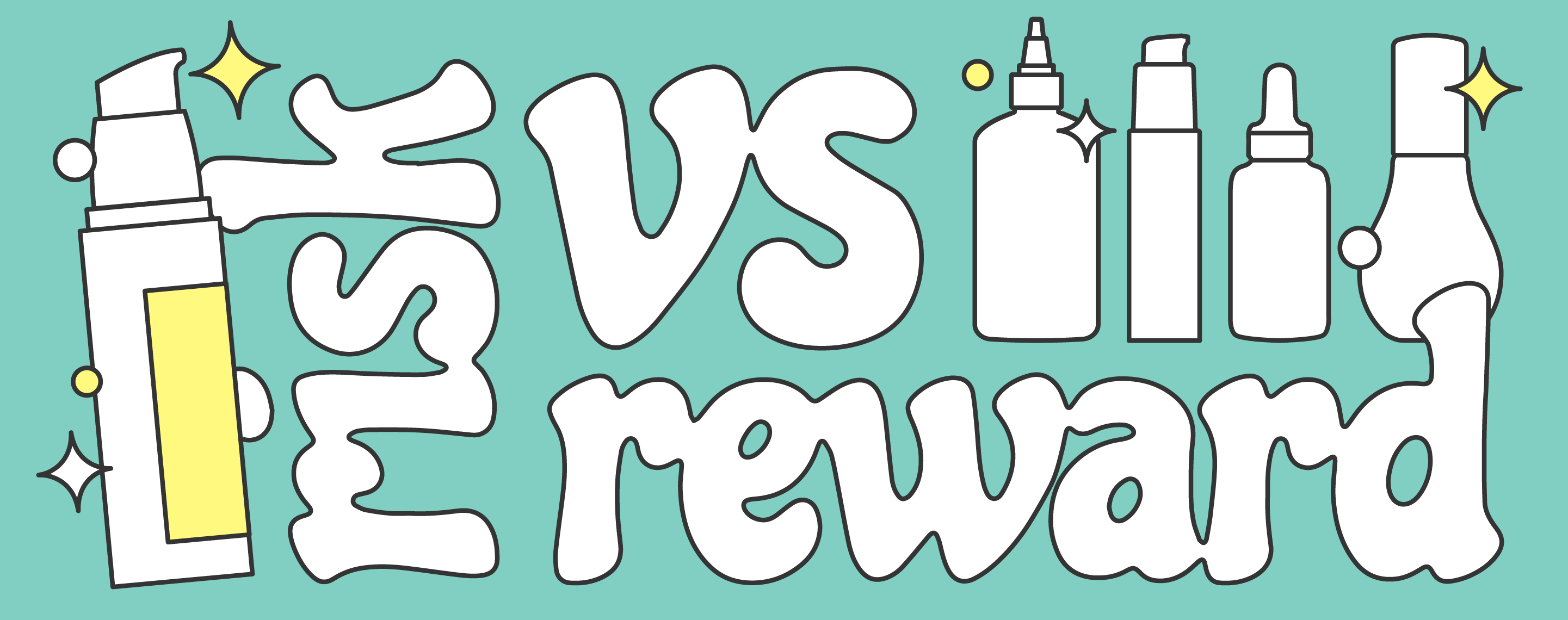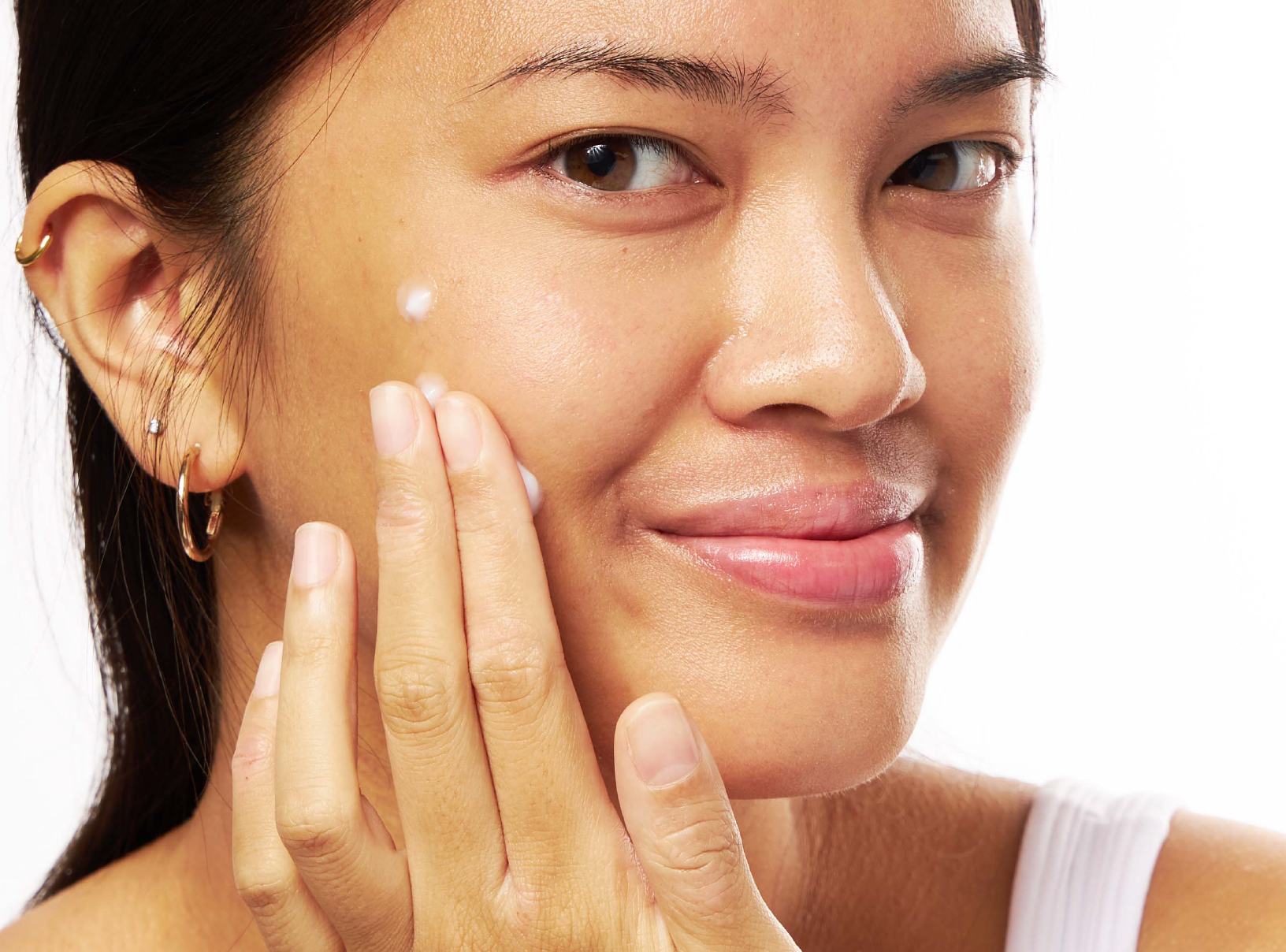Education
Can You Combine These Skincare Ingredients?


SHARE
Education
Can You Combine These Skincare Ingredients?
Medically reviewed by Aimee Paik, MD
Written by Annie Lam
Last updated 11/3/2024
The skincare industry is full of new products and ingredients - which can get confusing sometimes. While it might be tempting to try out the newest trend, we recommend being cautious when it comes to introducing new products into your routine. With all the ingredients out there, it can be difficult to know what ingredients you can and can’t use together. We’re breaking down our stance on combining skincare ingredients.
Our Stance
While there are many unwritten “skincare rules” out there in the industry, there is a lot of confusion about what ingredients can and can’t be combined. Generally, most ingredients can technically be combined, but depending on the ingredient, there may be a potential risk of sensitivity or irritation. We like to think of it as a risk vs reward system. For example, combining certain strong ingredients can have a higher risk of irritation with minimal reward. Let’s talk about some common skincare ingredients and what the risk/reward is with combining them:
Retinoids + Exfoliating Acids
These two ingredients are well-loved by dermatologists for treating uneven skin texture, hyperpigmentation, clogged pores, and more. However, they can both be very strong, so combining them may pose a high risk of sensitivity and irritation. There is little reward to using the two together, especially since retinoids like tretinoin already help with exfoliating the skin. Because of this, exfoliating acids are not a necessity in your routine. However, if your skin is able to tolerate retinoids easily, you could consider alternating your retinoid with an exfoliating acid.
Retinoids + Vitamin C
Vitamin C is a great antioxidant that can help treat hyperpigmentation and sun damage. Using retinoids and vitamin c does have a risk of sensitivity and irritation, and there isn’t much of a reward to using them together in the same routine. Instead, the dermatologists on our platform recommend using vitamin c in the morning and retinoids at night! This allows you to get the benefits of both ingredients without the potential irritation.
Retinoids + Benzoyl Peroxide
Benzoyl Peroxide is an ingredient that our derms love to treat very mild acne or as a complement to other acne treatments. However, it’s one of the few ingredients that should not be combined with retinoids, specifically tretinoin. Benzoyl peroxide actually deactivates tretinoin, making it less effective. There aren’t many ingredients that truly cannot be used together, but this is a combination our derms recommend avoiding. Instead, try using your benzoyl peroxide in the morning and tretinoin at night, or alternate them in your night routine.
Retinoids + Hyaluronic Acid
Hyaluronic acid is another amazing ingredient for hydrating the skin. Using hyaluronic acid alongside retinoids has a low risk of sensitivity and irritation with a high reward! Since retinoids can lead to dryness, especially when starting out, using it with hyaluronic acid can help deeply hydrate your skin. Our derms recommend pairing your tretinoin with a moisturizer with hyaluronic acid to keep your skin moisturized.
Retinoids + Niacinamide
Like hyaluronic acid, niacinamide is generally well-received by the skin and is a great complement to retinoids. There is a low risk of sensitivity and irritation and a high reward for using the two together. Niacinamide helps to keep your skin barrier strong, which can help combat the initial sensitivity you may experience with retinoids. In fact, our tretinoin formula is formulated with 4% niacinamide to help minimize sensitivity and irritation.
Overall, there are many ingredients out there in the market that can technically be combined. However, it’s important to remember the risk and reward associated with combining them. We typically recommend keeping your routine simple, but there are some pairings (like tretinoin + niacinamide) that are a perfect fit.
Shop this post

Tretinoin
Like what you just read? Sign up for our email list to get the scoop on skincare science delivered straight to your inbox.

Deep Dives
A dermatologist shares his thoughts on the recent studies about benzoyl peroxide and benzene.
Read More
Education
What is milia?
What is milia? Today, we’re jumping into one type of bump that you may have heard about most commonly in infants — milia.
Read More
Education
Best moisturizer for acne-prone skin
If you have combination acne-prone skin, figuring out which moisturizer is best for your skin might be tough. In this guide, we break down the best moisturizer for combination, acne-prone skin.
Read More
